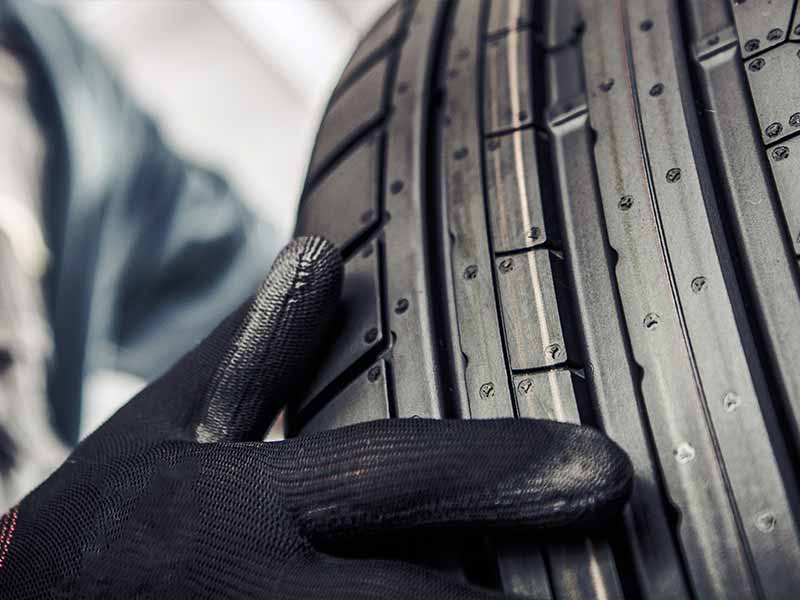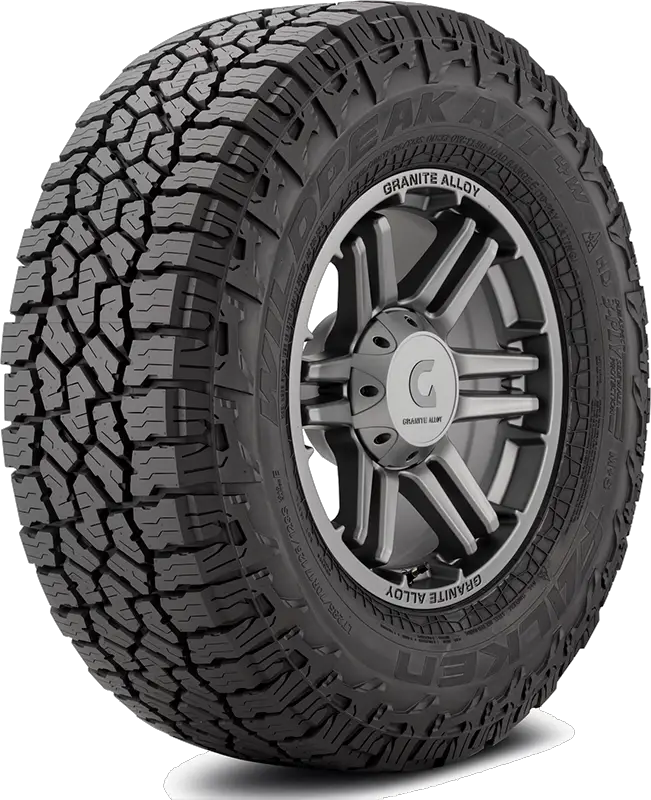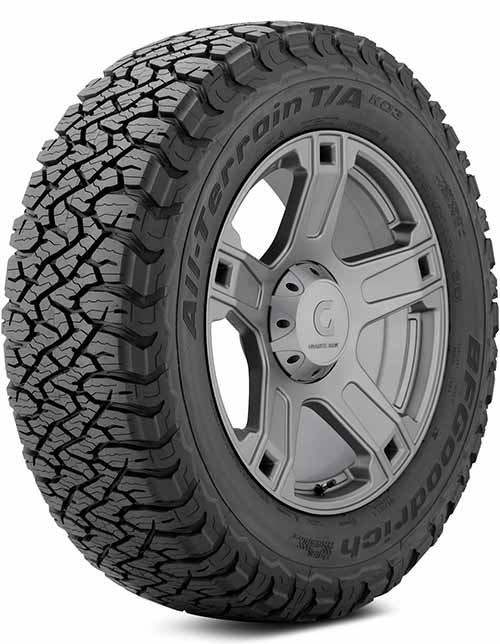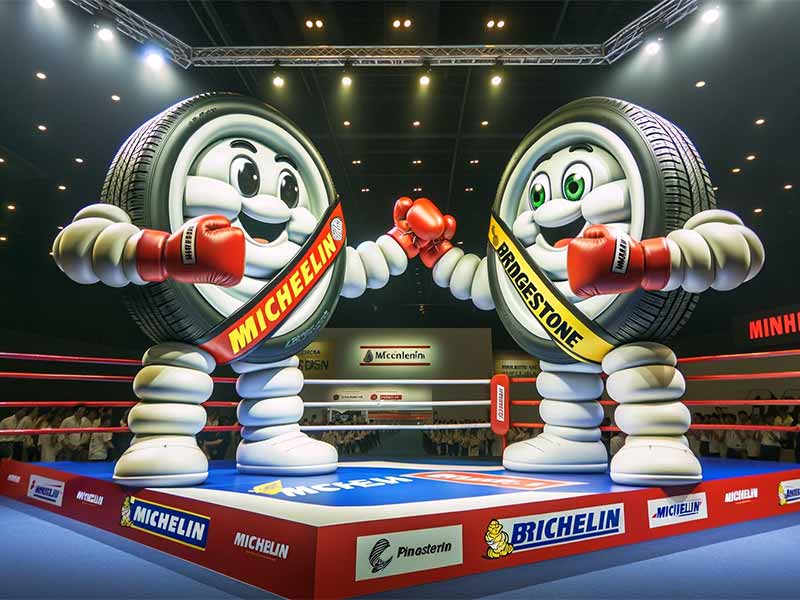Are you feeling the pinch every time you pull into a gas station, not because of fuel prices, but due to those worn-out tires that desperately need replacing? You’re not alone.
The cost of new tires can be a significant expense, but knowing what you’re paying for can turn a stressful purchase into a smart investment for your safety and your vehicle’s performance.
Reasonable Price For 4 New Tires
A reasonable price for 4 new tires can vary widely based on the type of vehicle, the quality of the tire, and where you purchase them. On average, expect to pay anywhere from $400 for economy car tires to upwards of $1,600 for premium tires on luxury vehicles, including installation.
In this article, we’ll dive deep into the world of tires, exploring the types of tires and their average costs, factors that affect these costs, where to buy them, installation considerations, buying options, and much more. We’ll also discuss the importance of tire quality and when it’s time to replace those old tires.
Let’s take a closer look.
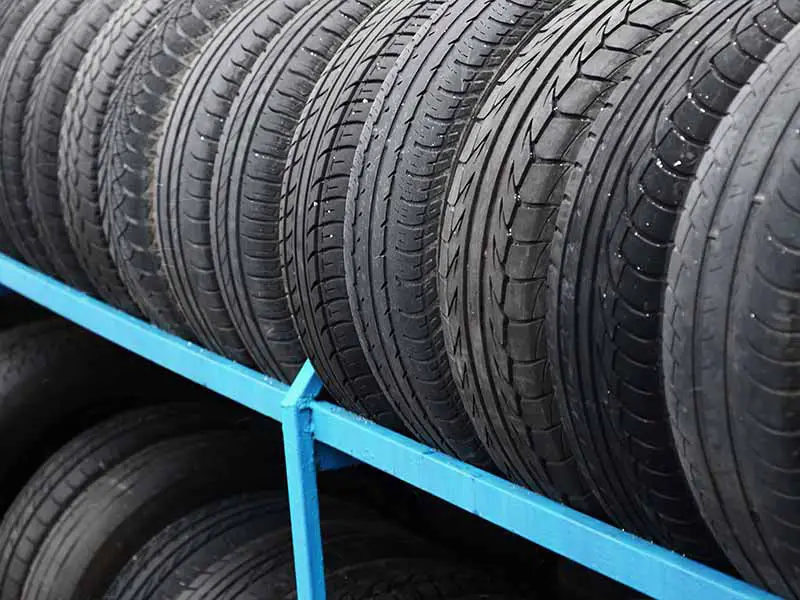
Types of Tires and Their Costs
Economy Car Tires
Economy car tires are designed for everyday use and are often the most budget-friendly option. They offer a good balance of comfort, durability, and fuel efficiency.
- Average Cost: $50 to $80 per tire
- Key Features:
- Moderate tread life
- Good fuel efficiency
- Suitable for city and highway driving
SUV Tires
SUV tires are built to handle heavier loads and can tackle a variety of terrains. They come in different types, such as all-season, all-terrain, and mud-terrain, each with its own set of features and costs.
- Average Cost: $100 to $200 per tire
- Key Features:
- Longer tread life compared to economy car tires
- Enhanced grip and stability
- Capable of off-road driving depending on the type
Truck Tires
Truck tires are designed for heavy-duty use and are built to withstand tough conditions. They are generally more expensive due to their durability and specialized features.
- Average Cost: $150 to $300 per tire
- Key Features:
- Extremely durable
- Designed for heavy loads
- Suitable for various terrains including off-road
Luxury Car Tires
Luxury car tires are made with high-quality materials and offer superior performance and comfort. They often come with features like low road noise and high-speed capabilities.
- Average Cost: $200 to $400 per tire
- Key Features:
- Excellent ride comfort
- High-speed capabilities
- Low road noise
Sports Car Tires
Sports car tires are built for high performance and are often used for racing. They offer excellent grip but may wear out faster than other types of tires.
- Average Cost: $200 to $500 per tire
- Key Features:
- Exceptional grip and handling
- High-speed capabilities
- Shorter tread life
Electric Car Tires
Electric car tires are specially designed to handle the unique characteristics of electric vehicles, such as higher torque and weight due to batteries.
- Average Cost: $100 to $300 per tire
- Key Features:
- Designed for higher torque
- Improved rolling resistance for better battery life
- Quiet and comfortable ride
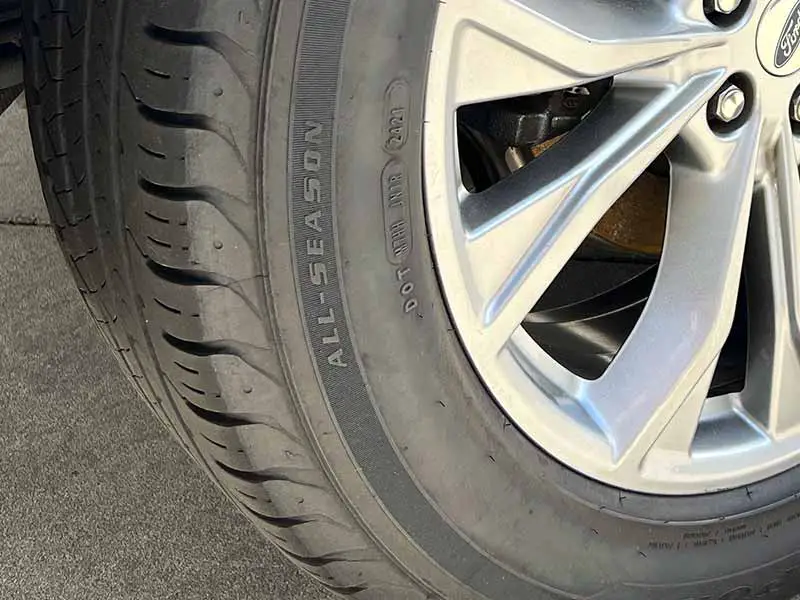
Factors Affecting the Cost of Tires
Tire Sizes
The size of the tire plays a significant role in its cost. Larger tires usually require more material to manufacture, which drives up the price.
- Small Tire Size: Generally cheaper, often found on compact cars and economy vehicles.
- Cost Range: $50 to $100 per tire
- Medium Tire Size: Commonly used on sedans and smaller SUVs.
- Cost Range: $100 to $200 per tire
- Large Tire Size: Typically found on larger SUVs, trucks, and specialized vehicles.
- Cost Range: $200 to $400 per tire
Tire Manufacturers
The brand of the tire can also affect its cost. Premium brands often offer advanced features and longer warranties, but they come at a higher price point.
- Budget Brands: Offer basic features and limited warranties.
- Cost Range: $50 to $100 per tire
- Mid-Range Brands: Provide a balance between cost and features.
- Cost Range: $100 to $200 per tire
- Premium Brands: Offer advanced technologies, better performance, and extended warranties.
- Cost Range: $200 to $500 per tire
All-Season Vs Summer and Winter Tires
Tires designed for specific weather conditions or performance needs can also affect the cost.
- Summer Tires: Designed for hot conditions and dry roads.
- Cost Range: $100 to $300 per tire
- Winter Tires: Built for snowy and icy conditions.
- Cost Range: $100 to $250 per tire
- All-Season Tires: Versatile but may not excel in extreme conditions.
- Cost Range: $100 to $200 per tire
Additional Features
Some tires come with specialized features that can add to the cost.
- Run-Flat Tires: Allow you to drive a short distance even after a puncture.
- Cost Range: $150 to $300 per tire
- Eco-Friendly Tires: Designed to reduce rolling resistance and improve fuel efficiency.
- Cost Range: $100 to $250 per tire

Where to Buy New Tires
Big-Box Retailers
Walmart
Walmart offers a wide range of tire options, from budget to premium brands. The store often provides package deals that include installation.
- Average Cost: $70 to $125 per tire
- Pros:
- Affordable options available
- Nationwide locations
- Package deals often include installation
- Cons:
- Limited high-end options
- Service quality may vary by location
Costco
Costco is known for its bulk discounts, and that extends to tires as well. Membership is required to take advantage of these deals.
- Average Cost: $100 to $200 per tire
- Pros:
- Competitive pricing
- High-quality installation services
- Rotational tire services for members
- Cons:
- Must be a Costco member
- Limited store locations
Local Tire Shops
Local tire shops often provide personalized service and may offer unique or specialized tire options.
- Average Cost: Varies widely, often $100 to $300 per tire
- Pros:
- Personalized service
- Specialized options may be available
- Potential for negotiating prices
- Cons:
- Prices can be higher than big-box retailers
- Quality may vary by shop
Online Retailers
Online stores offer the convenience of shopping from home, but you’ll need to consider installation separately.
- Average Cost: Varies widely, often $50 to $400 per tire
- Pros:
- Wide range of options
- Convenient shopping experience
- Potential for online-only deals
- Cons:
- Installation not included
- Shipping costs may apply
Dealerships
Car dealerships offer brand-specific tire options but usually at a premium price.
- Average Cost: $150 to $400 per tire
- Pros:
- Brand-specific options
- Professional installation
- Often include alignment checks
- Cons:
- Higher tire prices
- Limited non-brand options
What to Consider When Choosing a Retailer
- Installation Costs: Some retailers include this in the package, while others charge separately.
- Additional Services: Look for services like tire rotation, balancing, and alignment.
- Warranty: Always check if the retailer offers a warranty on the tires and installation.
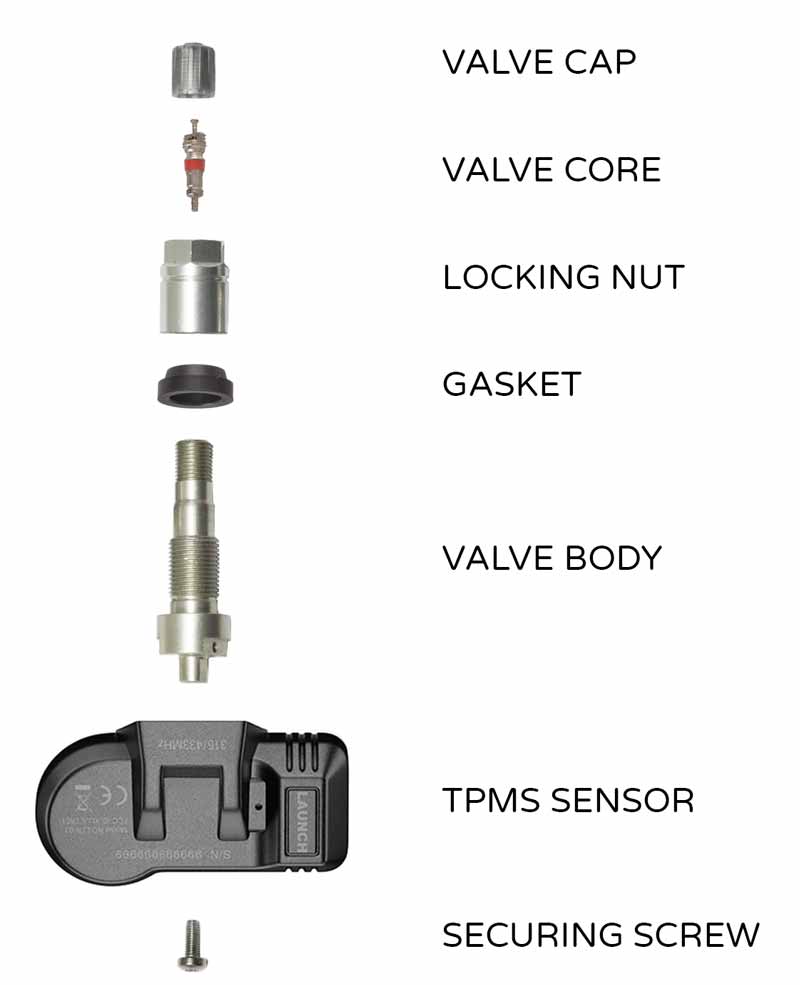
Installation Costs
Basic Installation
Basic installation includes mounting the tire onto the wheel, inflating it to the proper pressure, and balancing it. This is the bare minimum you should expect when getting new tires installed.
- Average Cost: $15 to $25 per tire
- Included Services:
- Mounting
- Inflation
- Balancing
Standard Installation
Standard installation usually includes everything in a basic installation, plus additional services like old tire disposal and a basic alignment check.
- Average Cost: $25 to $50 per tire
- Included Services:
- Mounting
- Inflation
- Balancing
- Old tire disposal
- Basic alignment check
Premium Installation
Premium installation packages offer the most comprehensive services, including advanced alignment checks and lifetime tire rotations and balancing.
- Average Cost: $50 to $100 per tire
- Included Services:
- Mounting
- Inflation
- Advanced balancing
- Old tire disposal
- Advanced alignment check
- Lifetime tire rotations and balancing
Additional Costs
Tire Pressure Monitoring Sensors
If your vehicle is equipped with a Tire Pressure Monitoring System (TPMS), you may need new sensors or need to have your existing sensors re-calibrated.
- Average Cost: $50 to $100 per sensor
- Importance: Ensures accurate air pressure readings, contributing to safety and fuel efficiency.
Valve Stems
Valve stems are often replaced when installing new tires to ensure a proper seal.
- Average Cost: $5 to $10 per valve stem
- Importance: Prevents air leaks and maintains proper pressure.
Alignment
A full alignment is often recommended when installing new tires to ensure even wear and optimal performance.
- Average Cost: $75 to $200
- Importance: Extends the life of your new tires and improves overall vehicle handling.
What to Look for in an Installation Package
- Included Services: Make sure you know what is included in the installation cost.
- Warranty: Some installation packages come with service warranties.
- Additional Fees: Always ask if there are any additional fees or optional services.
Quality vs Price
Cheapest Tires: Are They Worth It?
Pros of Buying the Cheapest Tires
- Immediate Cost Savings: The most obvious advantage is the lower upfront cost.
- Short-Term Solution: If you’re planning to sell the vehicle soon, cheaper tires may suffice.
- Average Cost: $40 to $60 per tire
Cons of Buying the Cheapest Tires
- Shorter Lifespan: Cheaper tires often wear out faster, requiring more frequent replacements.
- Reduced Performance: You may experience less grip, longer stopping distances, and poorer handling.
- Potential Safety Risks: Lower-quality tires may not perform well in extreme conditions, posing safety risks.
Mid-Range Tires: The Balanced Choice
Pros of Buying Mid-Range Tires
- Better Lifespan: These tires often last longer than their cheaper counterparts.
- Improved Performance: Expect better grip and handling compared to budget options.
- Average Cost: $80 to $150 per tire
Cons of Buying Mid-Range Tires
- Higher Upfront Cost: You’ll pay more initially compared to budget options.
- May Lack Premium Features: While better than cheap tires, they may not offer all the features of premium brands.
Premium Tires: The High-End Option
Pros of Buying Premium Tires
- Longest Lifespan: These tires are built to last and often come with extended warranties.
- Best Performance: Expect top-notch grip, handling, and safety features.
- Advanced Technologies: These may include features like run-flat technology or specialized tread patterns.
- Average Cost: $150 to $400 per tire
Cons of Buying Premium Tires
- Highest Upfront Cost: These tires are the most expensive to purchase initially.
- Potential Overkill: For everyday driving, the advanced features may be more than you need.
What to Consider When Choosing Tire Quality
- Driving Conditions: If you frequently drive in challenging conditions (e.g., snow, rain, off-road), investing in higher-quality tires is advisable.
- Vehicle Type: Luxury or performance vehicles may require premium tires to function optimally.
- Long-Term Costs: Cheaper tires may cost less upfront but could be more expensive in the long run due to more frequent replacements.
Resources
Below are some links you may find helpful when learning about tires
- How much do tires cost? What to expect and how to save – Upstart
- Understanding the total price of tires – tirebuyer.com
Final Thoughts
The key takeaways are to consider not just the upfront cost, but also the long-term value and safety that the right set of tires can provide. Whether you’re driving a compact car or a heavy-duty truck, factors like tire type, size, and even the season can significantly impact the price.
Good luck and happy motoring.
